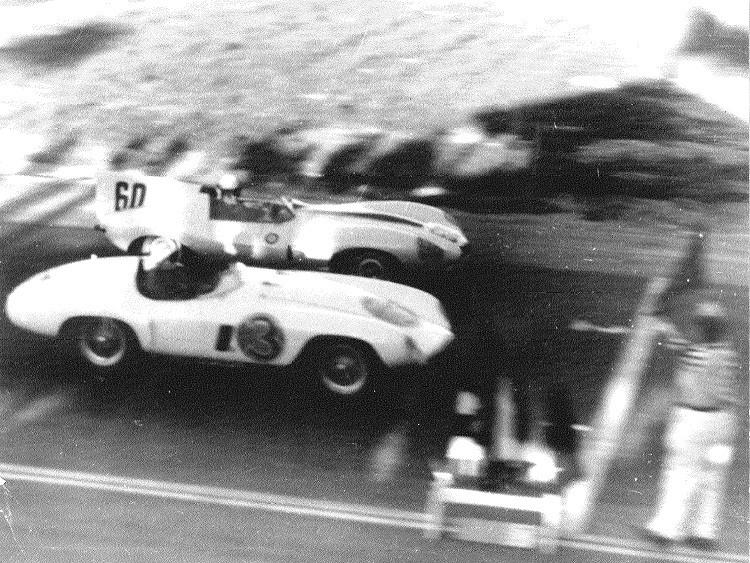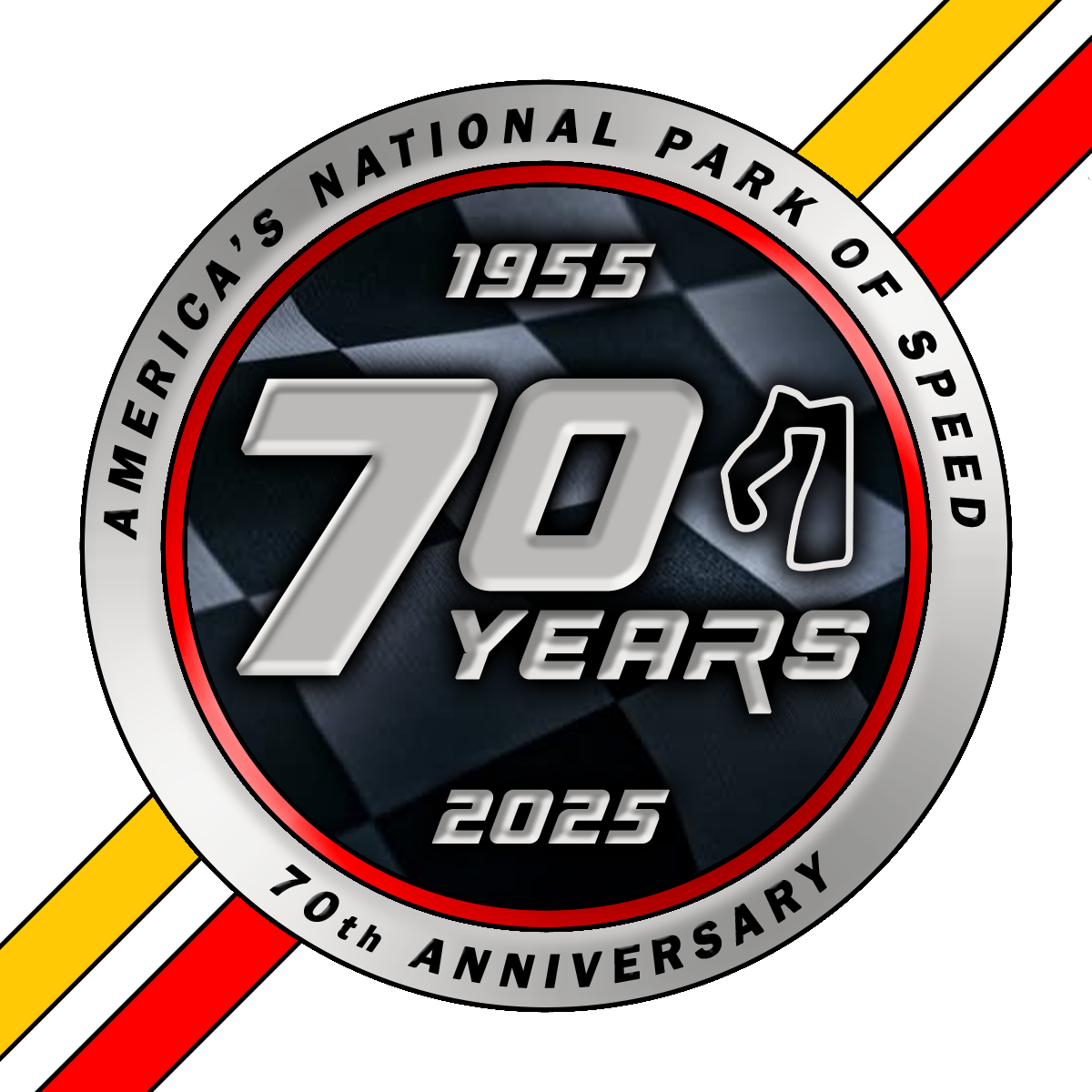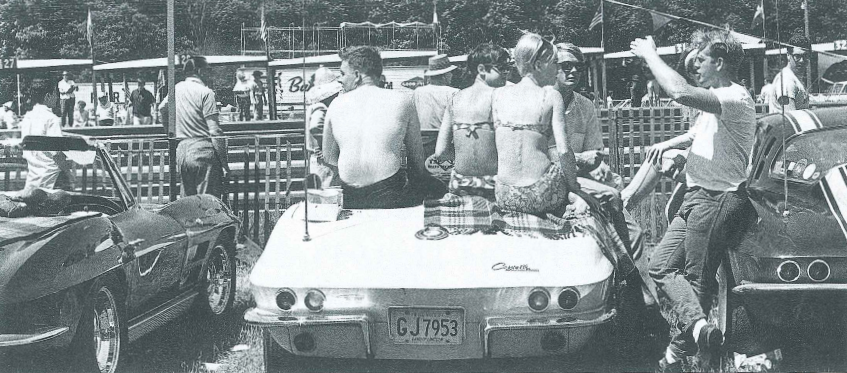Wisconsin Historical Society Digital Exhibition

This collection of image essays explores
the twists and turns in Road America’s historic journey,
including origins of the track, signature race series, its
legendary food, beloving fans, and contributions to regional
culture. Through these image essays you will learn and discover
why Road America has become known as the “America’s National Park
of Speed.
Click
to Explore
The Beginning
In the early 1950’s, sports car races were being run on the
streets in and around Elkhart Lake, Wisconsin. When
the state legislature banned racing on public roads, a man named
Clif Tufte organized a group of influential local citizens and
leaders of the Chicago Region of the Sports Car Club of America
(SCCA). This group
developed plans and sold stock to build a permanent racecourse.
The overall vision of Road America grew out of the dreams of
Tufte, a highway engineer, who chose 525 acres of Wisconsin
farmland outside the Village of Elkhart Lake for the track.
Tufte’s dream became a reality in April 1955. The natural
topography of the glacial Kettle Moraine area was utilized for
the track, sweeping around rolling hills and plunging through
ravines. By September 10, 1955, the track’s first SCCA national
race weekend was held. At 4.048 miles in length, with 14 turns,
the track is virtually the same today as it was when it was first
laid out and is revered the world over as one of the world’s
finest and most challenging road courses. Road America was even
recently was named the 2021 Best
NASCAR Track in America as voted on by USA Today
readers.
Present Day
The 640-acre, park-like grounds offer amazing viewing
opportunities, fantastic concessions and high-speed excitement to
thousands of spectators each year. In addition to being a
major attraction during public race
weekends, Road America offers group event programs, the Briggs &
Stratton Motorplex for karting and Supermoto club racing, and the
Road America Motorcycle and Advanced Driving
Schools.
Millions of dollars in improvements have been made throughout the
years, but the original 4.048-mile, 14-turn configuration has
never been altered. In 2005, Elkhart Lake’s Road America, Inc.
celebrated its 50th anniversary. Its history was documented in a
book,
“Road America: Celebrating 50 Years of Road Racing” by Tom
Schultz. Celebrities such as David Letterman, Tom Cruise, Patrick
Dempsey, Tim Allen, Ashley Judd, and the late Paul Newman have
visited this venue, not only for the great racing but also for
the scenic surroundings of this resort community.
Road America is big business, attracting over 800,000 visitors a
year from every corner of the world. Economic impact studies show
that Road America, its events and visitors generate more than
$100 million dollars annually each year. Over 500 events are held
annually at Road America, often running multiple activities on
the same day incorporating the four-mile track, the interior
Briggs & Stratton Motorplex and the beautiful grounds
surrounding the facility.
The First Race

In 1955, the SCCA granted a sanction for an SCCA National, the
highest form of road racing in the country at the time, held
September 10 and 11. The feature, a 148-mile race for the era’s
large sports racing cars, became a duel between two men and their
cars. Sherwood Johnson of Rye, N.Y., was one of the country’s
best drivers. He was driving a semi-works D Jaguar for the Briggs
Cunningham team. Phil Hill of Santa Monica, Calif., a rising
racing star on the west coast, took to the track in a Ferrari
Monza. For 37 laps Johnston and Hill were inseparable but then
began to fight for the lead during the last six laps. As they
approached the finish line on the last lap, Hill inched ahead and
barely won the race. Phil Hill’s average speed was 80.2 mph.
The First Professional Race Weekend
The first professional race weekend was the August 1956 NASCAR
Grand National race. At the time NASCAR was just a regional
southern series and not widely popular. Well under 10,000
spectators attended the two-day event. On Saturday Paul Goldsmith
won in a Jaguar Mk., VII sedan with a winning speed of 59.2 mph.
The Sunday race was run in the rain and was a display of spinouts
and hay bale bashing. The day’s winner was Tim Flock in a Mercury
at a speed of 71.4 mph.




